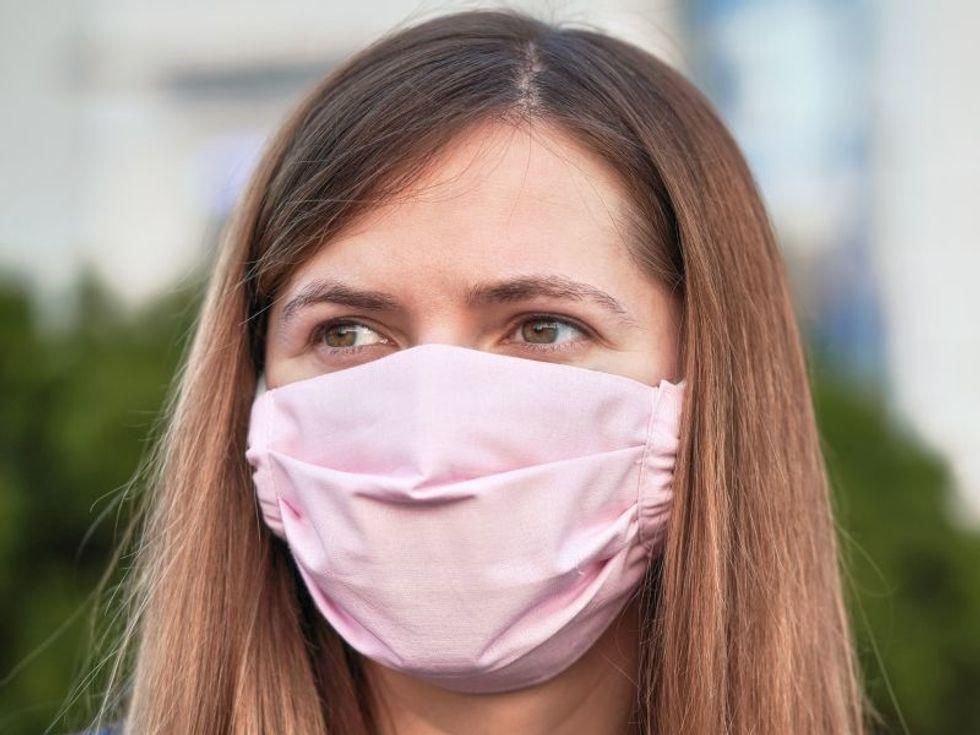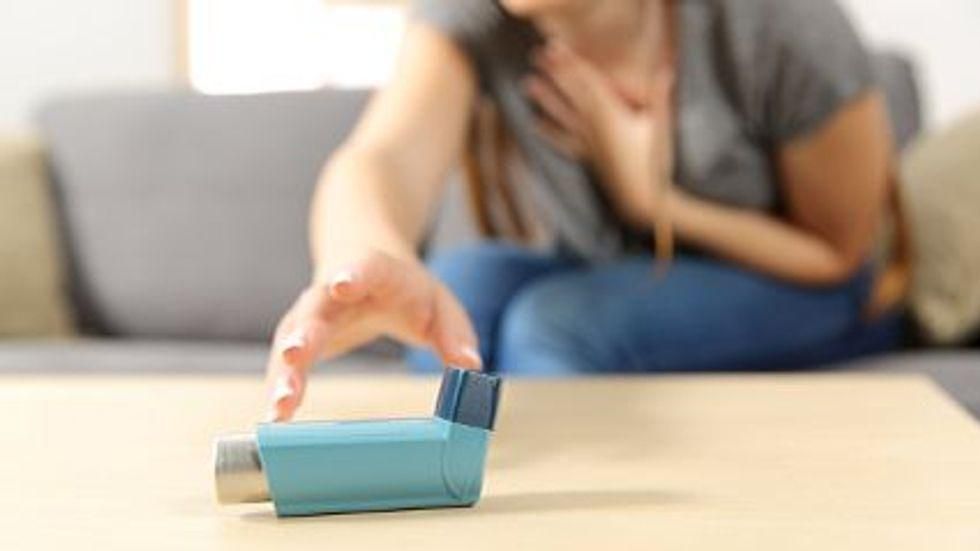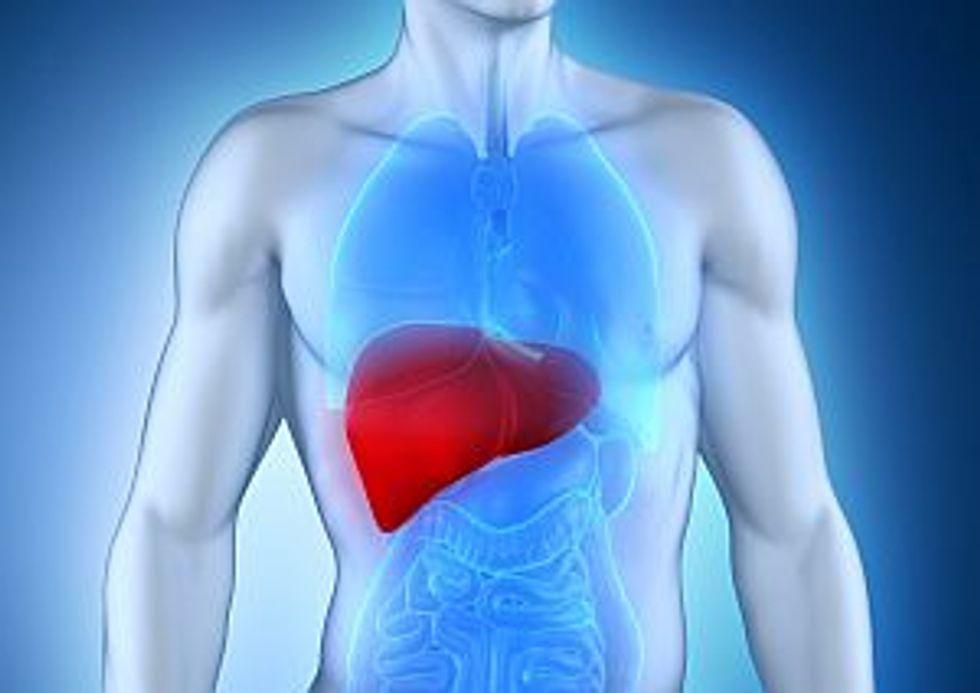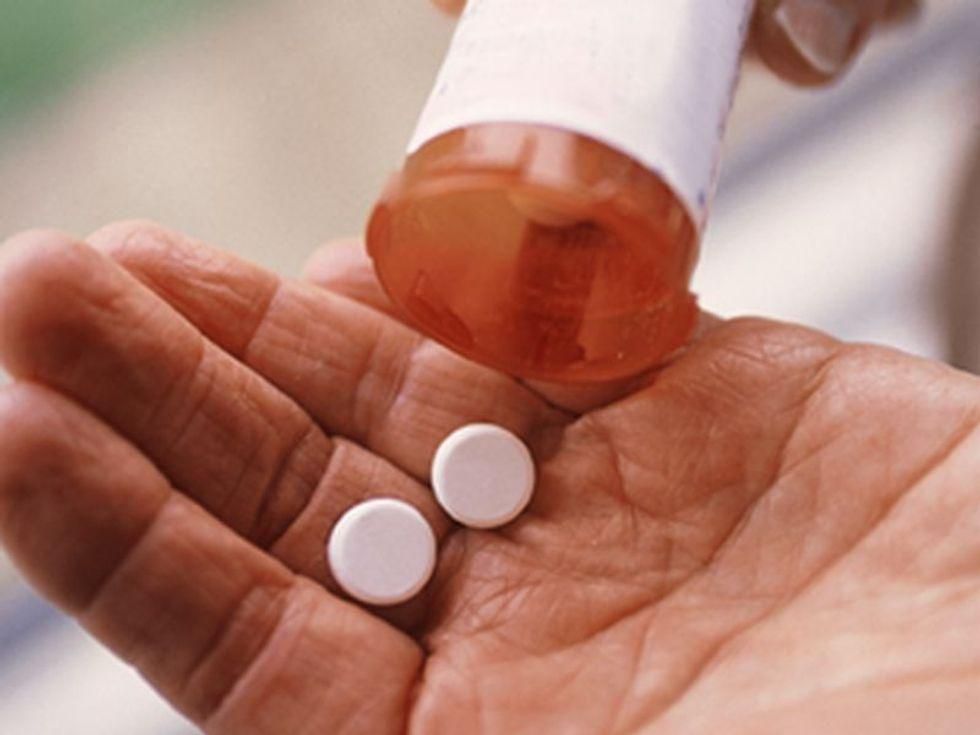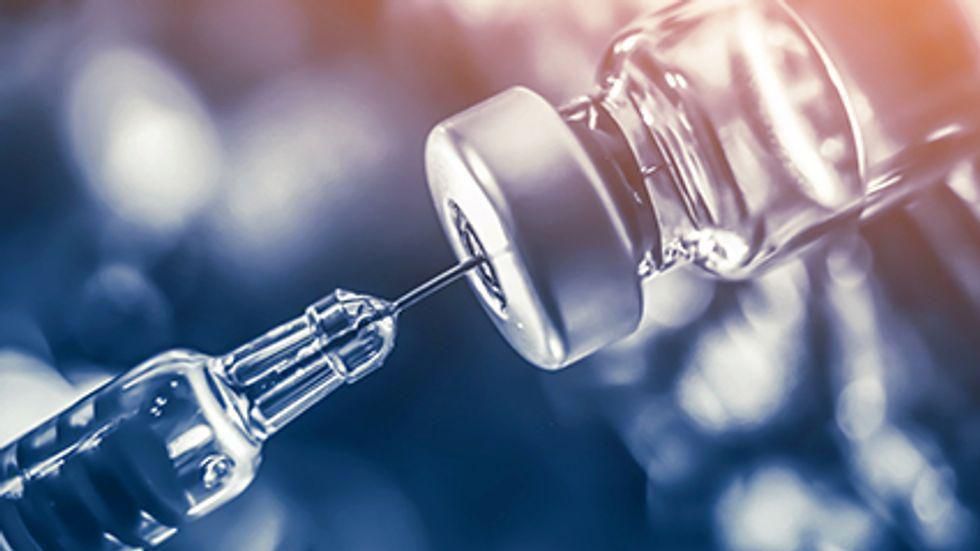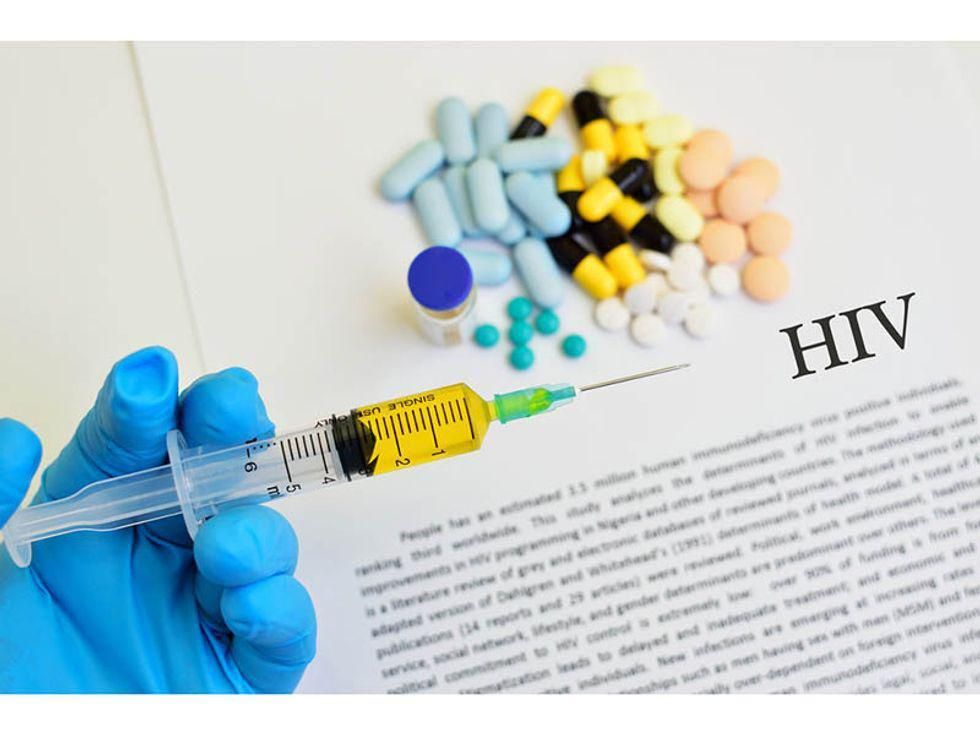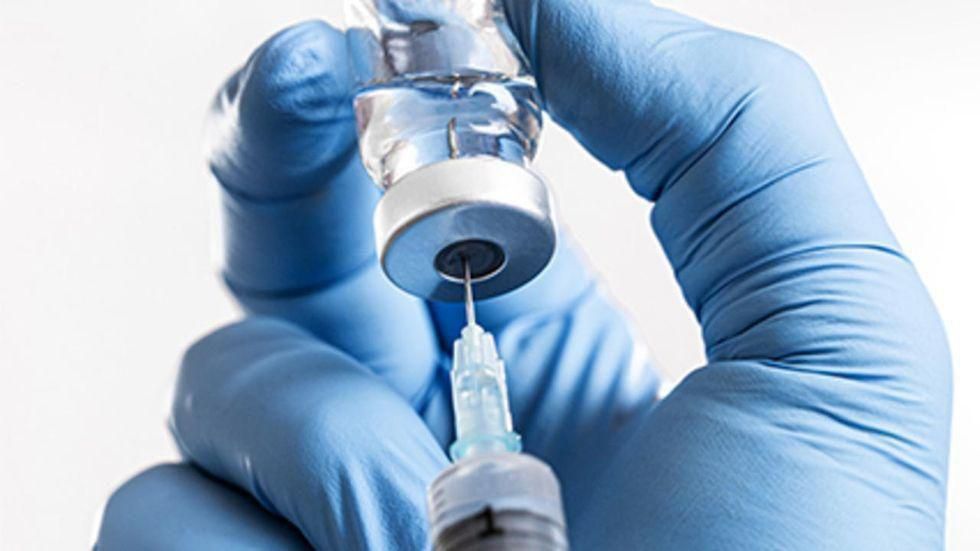
The drug Xywav has been approved for expanded use in adults with a rare sleep disorder called idiopathic hypersomnia, the U.S. Food and Drug Administration said Thursday. The drug has a checkered history: In the 1960s, it was given to women during childbirth to dampen their consciousness, The New York Times reported, while an illicit… read on > read on >











